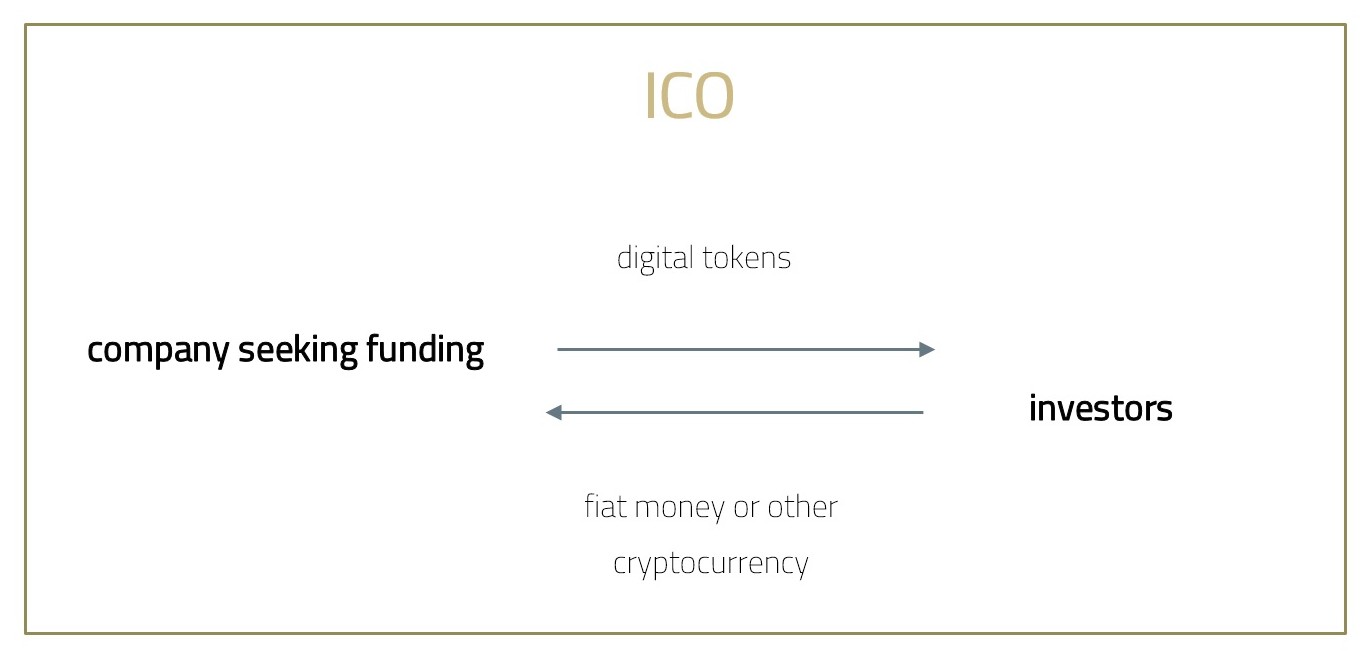Level 1 CFA® Exam:
Distributed Ledger Technology & Cryptocurrencies

Distributed ledger is a digital database shared among different participants of a network. The database is created in such a way that every participant stores the current version of the database. To achieve this, we need the so-called consensus mechanism that confirms new entries and participants.
Blockchain is a type of digital ledger in which information is recorded sequentially within blocks that are chained together and secured through cryptographic techniques.
There are 2 main consensus mechanisms used by blockchains:
- proof of work (POW), used by, e.g. Bitcoin; Ethereum before the merge in September 2022,
- proof of stake (POS), used by, e.g. Ethereum after the merge in September 2022; Algorand (pure proof of stake version).
(...)
Smart contracts are computer programs that self-execute based on predefined conditions and rules agreed by the parties of the contract.
Types of networks:
- permissionless networks,
- permissioned networks.
Permissionless networks (e.g. bitcoin) are open to any participant who wants to join them and all information regarding transactions is available to all participants. In a permissioned network, some activities in a network require additional permission.
Cryptocurrency (aka. digital currency) is an electronic currency that allows almost real-time transactions without any intermediary. Cryptocurrencies use distributed ledger technology.
Cryptocurrencies are not only used in buy-sell transactions (e.g. bitcoin) but also to raise capital. A company that needs funding may create its own cryptocurrency and distribute it to potential investors via a process called initial coin offering (ICO).

Fiat money is "traditional currency" emitted by a government or central bank that is generally accepted and can be exchanged for other currencies, goods, services, etc.
(...)
Level 1 CFA Exam Takeaways: Distributed Ledger Technology & Cryptocurrencies
star content check off when done- Distributed ledger is a digital database shared among different participants of a network.
- Blockchain is a type of digital ledger in which information is recorded sequentially within blocks that are chained together and secured through cryptographic techniques.
- Smart contracts are computer programs that self-execute based on predefined conditions and rules agreed by the parties of the contract.
- Cryptocurrency (aka. digital currency) is an electronic currency that allows almost real-time transactions without any intermediary. Cryptocurrencies use distributed ledger technology.

